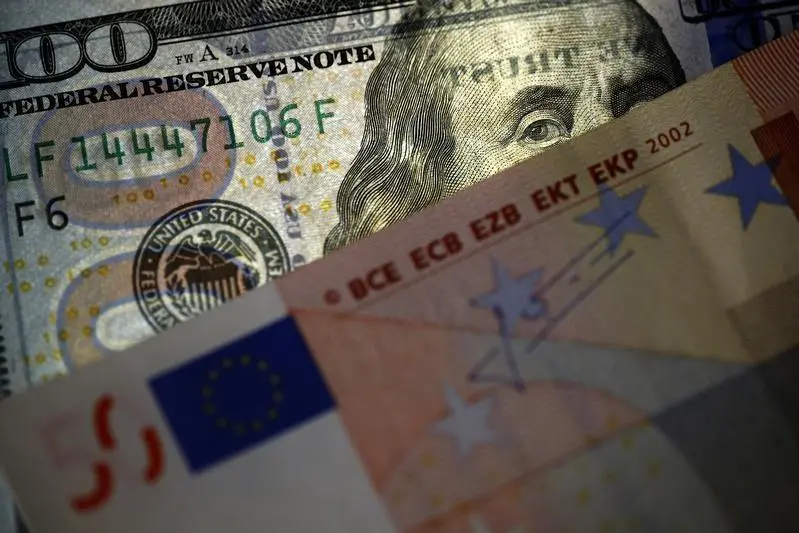PHOTO
A windfall tax on Portguese banks' "excessive profits", as proposed by some political parties ahead of a March 10 election, is not a good idea and lenders need to be left to strengthen capital buffers, Bank of Portugal Governor Mario Centeno said.
He told Reuters Portuguese banks responded best to "a cyclical behaviour" of economic growth and high European Central Bank interest rates. Profits then naturally fall as rates drop, which they are expected to do over the coming months and years.
Some European countries have imposed windfall taxes on banks' profits to help fund governments' response to a cost of living crisis caused by high inflation and interest rates.
Parties, such as the Left Bloc and the far-right Chega, which could form a government with either the center-left or center-right after the election, have proposed an Italian-style windfall tax, causing concerns in Portugal's financial industry.
"At this moment, an additional tax on banking in Portugal, I don't see it as a good idea", Centeno said in an interview.
He said banks were already channelling additional earnings into strengthening capital buffers in preparation for tougher times ahead.
He welcomed an increase in interest rates on deposits by Portuguese banks throughout 2023 to "levels much closer" to those in the wider euro area.
The return on equity (ROE) of Portuguese banks rose to 14.6% in the nine months of 2023, compared to 8.3% a year earlier, but was only slightly above the cost of capital, which the Portuguese banks' association APB estimated at between 12% and 14%.
Between 2015 and 2022, their ROE was 2.4%, compared to 4.9% in the euro zone, while the cost of capital was 8%-10%. (Reporting by Sergio Goncalves and Andrei Khalip; editing by Barbara Lewis)





















